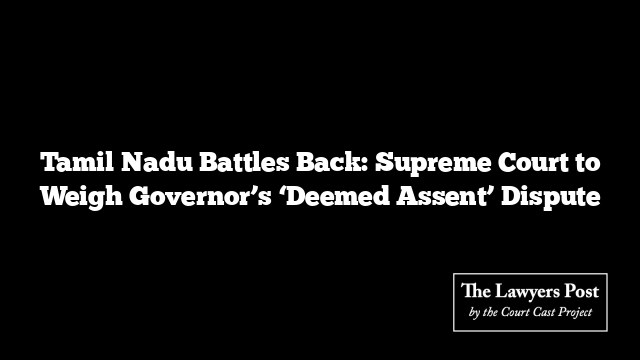The gleam of high fashion has landed global luxury house Prada in the crosshairs of a fiery legal battle. A Public Interest Litigation filed in the Bombay High Court has accused the Italian brand of lifting—without credit or consent—the age-old design of Maharashtra’s iconic Kolhapuri chappal and rebranding it for the global runway.
The trigger? Prada’s Spring/Summer 2026 Men’s Collection, unveiled in Milan on June 22. Among the spotlight-grabbing pieces were what the brand called “toe ring sandals”—but what petitioners argue are unmistakably styled after the handcrafted Kolhapuri chappal, a symbol of regional craftsmanship that has endured for centuries.
Five advocates came together to file the PIL, calling the act a textbook case of cultural misappropriation. “This isn’t just about footwear,” the plea says, “it’s about dignity, livelihood, and the right to cultural identity of thousands of artisans whose hands have shaped this craft over generations.”
The petition highlights that Kolhapuri chappals hold Geographical Indication (GI) status—granted in 2009 and valid till 2029—making them legally protected cultural products. By selling similar footwear at over ₹1 lakh a pair without any mention of the original Indian source or its makers, Prada, the petitioners argue, not only trampled on GI protections but also violated Article 21 and Article 29(1) of the Constitution—rights tied to livelihood and cultural preservation.
According to the plea, each authentic Kolhapuri chappal is the outcome of 4 to 5 weeks of intense labor, involving techniques passed down over nearly 800 years. What’s at stake, the PIL contends, is not just imitation, but the erasure of an entire living tradition.
The petition seeks a court directive to stop Prada from marketing or profiting from the disputed design, demands a public apology, and calls for compensation to affected artisan communities. It also urges the government to roll out robust international protections for GI-tagged products and form a committee to guard India’s craft heritage from being rebranded by global labels.
In the court of public opinion, the verdict may already be tilting—but the legal reckoning has only just begun.





